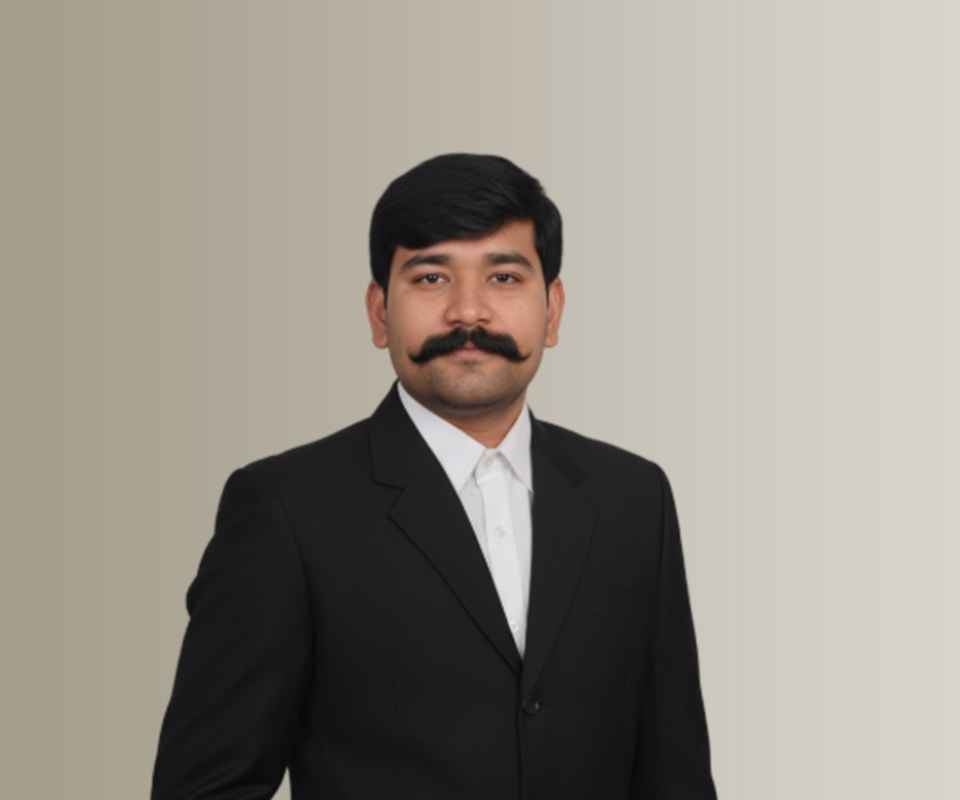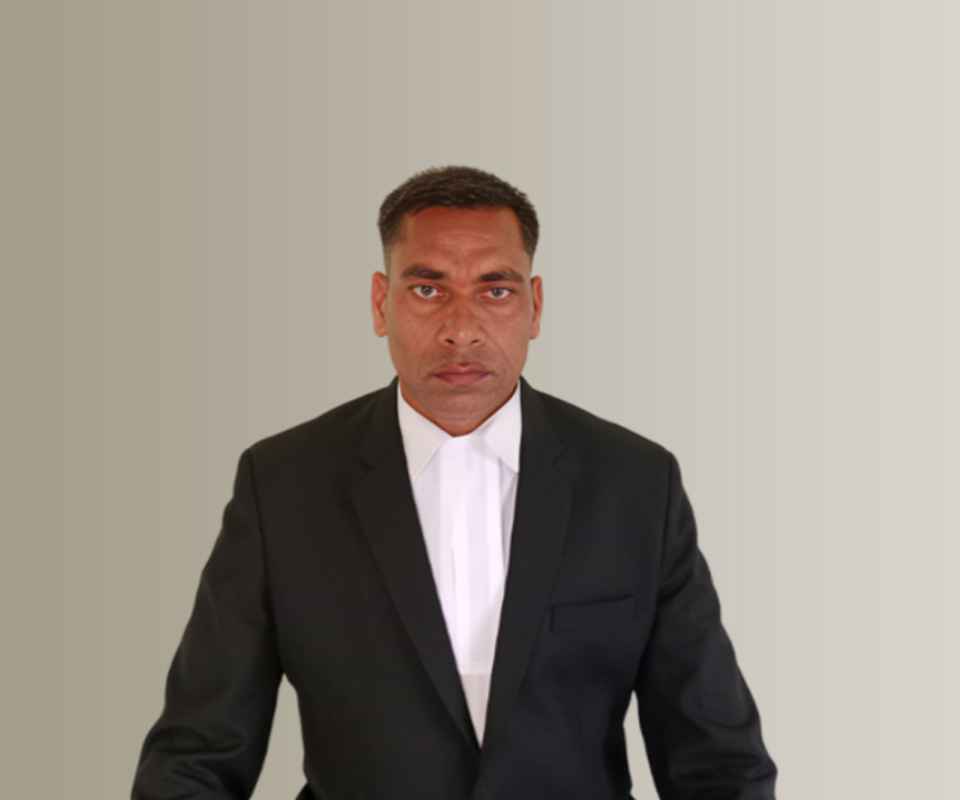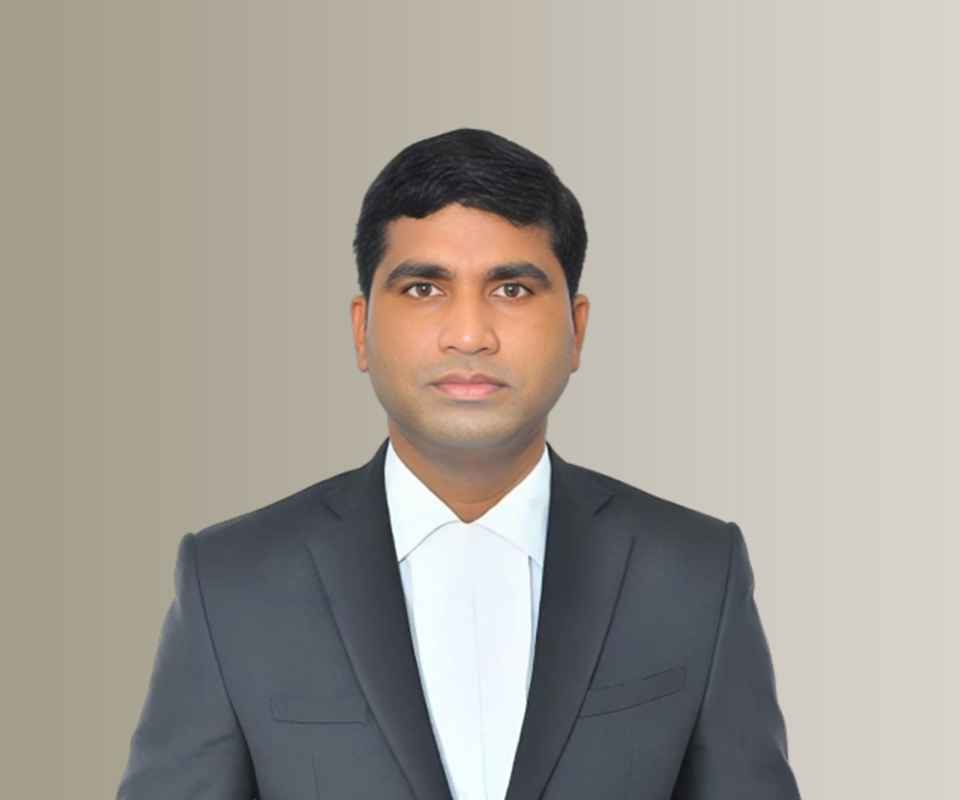Answer By law4u team
India’s pursuit of fugitives through extradition has often involved intricate legal battles, diplomatic negotiations, and coordination with international law enforcement agencies. High-profile cases usually feature accused individuals fleeing the country after committing grave offenses such as terrorism, economic crimes, or corruption. These cases test the robustness of extradition treaties and highlight the challenges of cross-border justice in a globalized world.
Notable High-Profile Extradition Cases in India
David Coleman Headley (2010s)
David Headley played a key role in planning the 2008 Mumbai terror attacks. He was arrested in the United States in 2009. India sought his extradition, but instead, the US prosecuted him on terrorism charges. However, India’s cooperation with the US intelligence and legal system was crucial in gathering evidence and ensuring justice.
Vijay Mallya (Since 2016)
Vijay Mallya, once known as the King of Good Times, fled India amid allegations of defaulting on loans worth over ₹9,000 crores. India issued an extradition request to the UK, where Mallya was residing. The UK courts engaged in lengthy hearings regarding evidence, Mallya’s health, and legal protections. As of recent updates, extradition proceedings are ongoing, marking one of India’s most high-profile financial fraud cases abroad.
Nirav Modi (Since 2018)
Nirav Modi is accused of orchestrating a ₹13,000 crore fraud involving Punjab National Bank. He escaped to the UK, and India formally requested his extradition. The UK courts reviewed voluminous evidence, and in 2021, a UK court ruled in favor of India’s extradition request, emphasizing the strength of the case. The process underscored the difficulties in prosecuting economic crimes that span countries and financial systems.
Subhash Chandra Alias Jatin Parlekar (2010s)
A key accused in the 1993 Bombay bombings, Subhash Chandra was extradited from the UAE to India. This extradition was a landmark success in India’s anti-terrorism efforts, demonstrating effective cooperation with Gulf countries on criminal justice matters.
Christian Michel (2018-2022)
Christian Michel, an alleged middleman in the AgustaWestland helicopter bribery scandal, was extradited from the UK to India after a prolonged legal battle. This case highlighted the role of international legal assistance in tackling corruption and white-collar crimes.
Mika Singh’s Case (Hypothetical example for context)
India has also sought extradition of individuals involved in cybercrimes and online frauds, illustrating emerging challenges. While not all are resolved, these cases show the increasing use of extradition in combating digital-era crimes.
Key Challenges in These Extradition Cases
Legal Complexity: Extradition requires satisfying the dual criminality principle—ensuring the alleged offense is recognized in both countries.
Judicial Scrutiny: Courts examine evidence rigorously, and suspects have rights to appeal and legal representation.
Diplomatic Sensitivities: Extradition involves balancing legal demands with diplomatic relations, sometimes causing delays.
Human Rights Considerations: Courts assess risks of torture, unfair trials, or inhumane treatment in the requesting country.
Political Overtones: Some extradition requests are complicated by allegations of political persecution or asylum claims.
Example
Nirav Modi’s Extradition:
After fleeing India, Nirav Modi was arrested in the UK. Indian authorities submitted detailed evidence, including bank fraud documents and witness testimonies. UK courts meticulously examined the evidence, balancing Modi’s legal defenses with India’s case. Modi’s legal team argued against extradition citing health and procedural issues, but the UK court ruled in favor of extradition in 2021. The case remains under further legal procedures but is a landmark in India’s fight against economic fugitives.
Steps Indian authorities took:
Collected comprehensive documentary and testimonial evidence.
Submitted a formal extradition request under the India-UK treaty.
Coordinated with UK law enforcement and legal agencies.
Addressed human rights concerns raised during hearings.
Continued diplomatic and legal follow-ups to expedite resolution.






